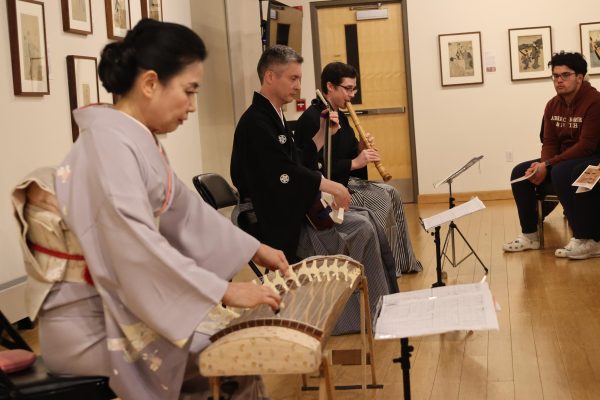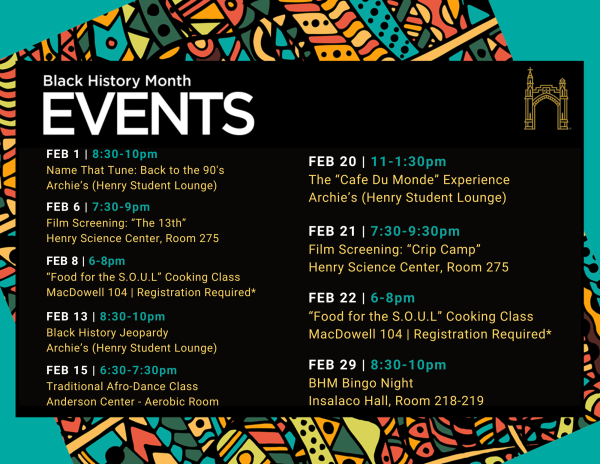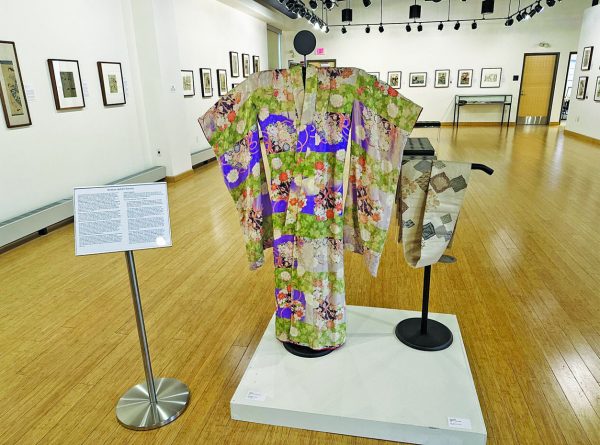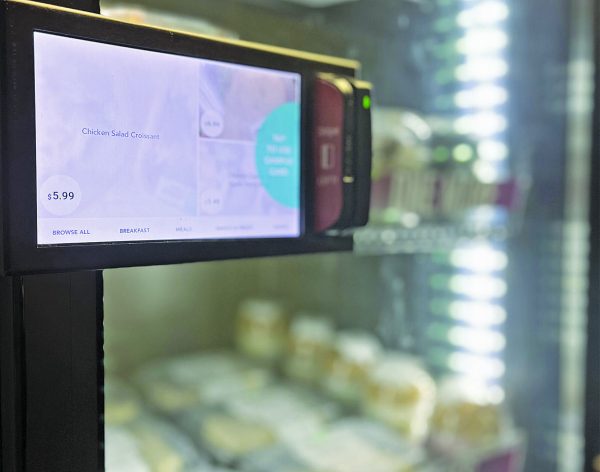Untraditional Ways of Grieving COVID Deaths in a Pandemic
April 12, 2022
When Sarah Badorf England’s grandmother died from COVID-19 in late 2020, her family was forced to grieve in an unconventional way due to pandemic concerns.
A junior Mass Communications and Design major, England said losing her grandmother, June, whom she called Nan and relied on to make homemade potato soup with, was a terrible tragedy as she found herself struggling to grieve without getting a proper goodbye. Whenever England finds herself missing her grandmother, she makes potato soup in remembrance of their times together. A memory that sticks with her is her grandmother telling her that, if she keeps eating potato soup, she would turn into a potato.
“My grandmother deserved the world, so we were sad we couldn’t have a big funeral,” England said.
When June died, COVID was a big concern as new cases, hospitalizations, and deaths were rising substantially on a daily basis, which caused England’s family to make the difficult decision to postpone a service until June. The service was small due to Covid, but about 50 close family and friends came to celebrate June’s life.
“We tried our best to have family and close friends attending but we still had to limit the number,” England said.
Going through a loss like this was mentally exhausting for England and had her thinking of how other families were coping with grief through this scary time.
Funeral directors were grieving, too, for the families who could not come together and provide each other with the support they needed.
England became sympathetic for the funeral business.
“Knowing that funeral directors are suffering makes me feel for them, because COVID is so limiting to how people can have services,” she said.
The social work department at Misericordia University has seen an impact in the lack of communication between clients and their families and how handling grief of the loss of a loved one has been difficult.
David Hage, Assistant Professor/Field Director, MSW, LCSW, ACSW, C-ASWCM of the Social Work Department, has witnessed the connection lost in the pandemic and grief of a life that’s been.
Hage has noticed a reduced support system for ill patients due to visitor restrictions, which can have an impact on the client’s recovery from illness or rehabilitation, and social support, especially if the clients are near death.
“Someone may not be able to find closure with unresolved issues prior to passing away,” he said.
Hage said social work professionals are challenged with helping people deal with loss as workers want to be a voice for clients and families experiencing social isolation.
Other challenges social workers are facing are “ethical and legal concerns for clinical social workers like telehealth, access to technology and the legal issues of all that,” he said. A big issue Hage noticed the pandemic poses on social workers is ensuring their client services are adequately provided, such as how they look for signs and symptoms of a client being abused while on Zoom.
“If we can’t visit a client’s home environment, then how can we ethically access if the client is safe?” he asked.
He stated there has to be a way people can gather and grieve and the funeral industry can return to normal business operations.
COVID and the Effects on Traditional Funeral Services
COVID has killed traditional funeral services as the world knows it.
Since the beginning of the pandemic, the funeral business was one of the least talked about professions, yet funeral directors worked non-stop preparing bodies of those who passed away from COVID-19.
Marianne Lehman, owner of Lehman-Gregory Funeral Home in Swoyersville, has said the lasting impacts of COVID have impacted her business.
“The traditional funeral has forever been changed as people don’t feel comfortable interacting and traveling anymore so virtual services are more frequent so relatives don’t travel,” she said.
Lehman, who has been in the funeral business for 30 years, said, since the pandemic, cremation services and private viewings are becoming the predominant service chosen by families.
Jared J. Jordan, funeral director of Edwards & Russin Funeral Home in Edwardsville, has been a funeral director for 21 years and said the lasting effects of COVID are providing challenges to the way funeral directors serve families. There are less face-to-face interactions as people are turning more to technology, such as phone calls, Facetime or Zoom when making funeral arrangements. Viewings and funerals are much smaller and more private, incorporating the use of technology as people are uncomfortable with large gatherings.
“All of the changes in the way families mourn changes the way we have to serve the families,” Jordan said.
“We got a lot of COVID bodies that were cremated and, into our third year of the pandemic, our cremation to burial ratio is much much higher,” said Marinda M. Seiwell, administrative assistant of Maple Hill Creamtory/Cemetery in Hanover Township.
“Simple services are on the rise and here to stay for a long time,” McNulty said.
Lehman also believes small intimate services are here to stay.
“I think you will be seeing many more direct cremations, very private viewings and direct burials for the future,” she said.
“COVID has made us all aware we must adapt to a pandemic and take necessary steps to overcome,” McNulty added.






